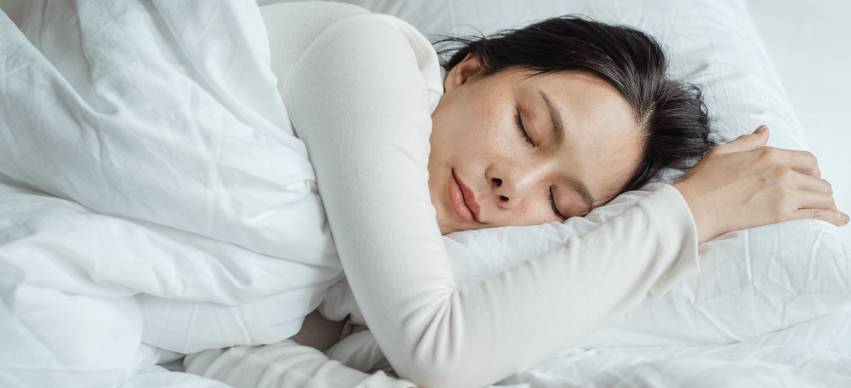Getting the required amount of sleep has a direct connection to our physical and mental health. When you don’t sleep well the night before, it automatically affects your mood, productivity, weight, and the energy you have during the day.
While it could seem difficult to control the number of hours you get to constitute for a good night’s sleep - the truth is far away from it. In fact, there are many factors within your control that can help you sleep better at night. From eating habits to the ambiance you surround yourself with, minute details affect your sleep schedule.
We at SweetIslandDreams.com know how valuable sleep can be, and in this article, we’ll be walking you through some of the best ways in which you can ensure to get some peaceful sleep.
Ways to Get a Good Night’s Sleep
When you find yourself tossing and turning in the middle of the night, you could be wondering how to get out of this vicious cycle of sleeplessness. Well, luckily for you, there are some ways to ensure you sleep better at night. Some of them are as follows:
Look After Your Eating Habits
The food you eat during the day or a few hours before bedtime can affect your sleep. Avoid having too much sugar and refined carbs because these could keep you up at night. Neither stuff your body with too much food nor deprive it of the nutrients that you get from fruits, vegetables, and healthy fats. Maintain a healthy diet and don’t snack on unhealthy food items right before hitting the bed. Limit Your Caffeine and Alcohol Intake
While it’s tempting to consume caffeine to keep your energy level high, the stimulating effect induced due to it can keep you awake for hours. Some also prefer to have alcohol, hoping that it will help them fall asleep faster; however, it lowers the quality of sleep you get. Therefore, limit your consumption of caffeine and alcohol before you plan to sleep.Include Exercise in Your Daily Routine
Exercising on a daily basis not only improves your health but also your sleep. It aids in falling asleep quicker and also assists those suffering from insomnia. Performing any form of exercise too late during the day is not advised. So, attempt it early on to steer clear of amplified alertness. You could also try some yoga poses before bedtime, as they’re known to reduce tension and help you feel relaxed.Be Careful About Napping
Power naps can be saviors in the middle of busy days, but irregular or long daytime naps can cost you your precious nighttime sleep. Napping at odd times leads to confusion for your internal clock, and long naps could end up making you feel more lethargic. Limit your daytime naps to an hour, and don’t nap too close to your bedtime. Set a Sleep Schedule
Our bodies have a sleep-wake cycle, and in order for this cycle to function well, it’s imperative to have a set sleep schedule. Consistency is key, which is why you need to be strict with yourself and wake up and go to bed at fixed times throughout the week. When you keep altering your sleep schedule, it automatically affects your sleep, making it difficult to fall asleep no matter how much rest your body craves.
Manage Your Light Exposure
We have a hormone present in our bodies that regulates our sleep-wake cycles, and it’s called melatonin. The light exposure you have is directly related to the quality and duration of sleep you get. During the day, expose yourself to as much bright light and natural sunlight as possible. This helps your body wake up and keeps you energetic.At night, control the light coming into your room by resorting to heavy curtains and reducing the brightness on your devices. Avoid late-night television, wear sleep masks, and tone down your blue light exposure.Destress Yourself
We all lead pretty stressful lives, and being on social media and sticking to our phones surely doesn’t help when it comes to getting rid of the residual stress, anxiety, worry, or anger. You deserve to destress yourself before going to bed, and having a pre-bedtime ritual can help you with that. This ritual could include taking a hot shower, reading, meditation, journaling, deep breathing, or listening to music.Create a Peaceful Ambience
The ambiance in your bedroom matters highly to ensure you get eight hours of peaceful and uninterrupted sleep. Choose your pillows and mattress based on what makes you comfortable, and minimize anything that could disrupt your sleep, such as noise and light. Also, tune your room to the temperature that you prefer.
Conclusion
Although you may not realize it, your daily habits impact your sleep more than you realize. Making minor changes to your routine can indeed help you sleep better. So, eat right, exercise more regularly, destress yourself, and follow the other tips mentioned above to sleep soundly and peacefully.
